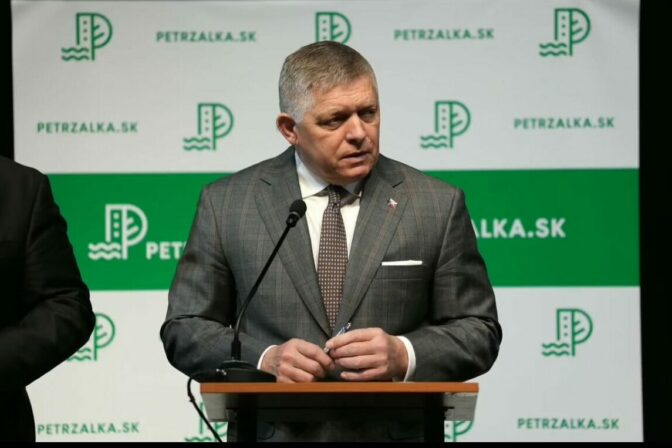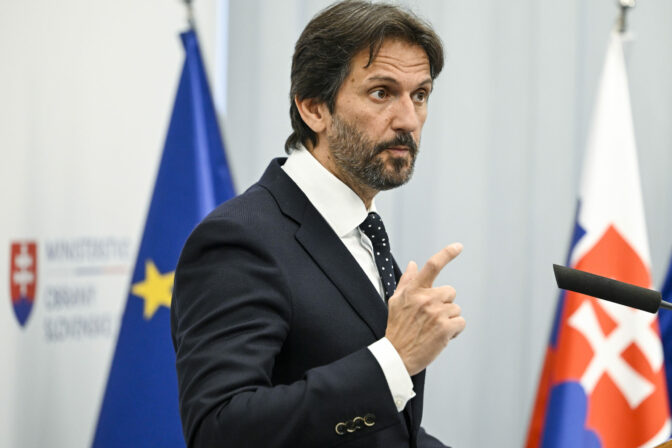BRATISLAVA, September 27, (WEBNOVINY) — Four parliamentary deputies from the Ordinary People movement of which three work with SaS parliamentary club are considering their support to the changes to the European Financial Stability Facility (EFSF) in parliament next month. They demand however three exemptions for Slovakia. Ordinary People leader and non-partisan deputy Igor Matovic thinks that Slovakia should have the right to freely decide on to which country it will lend money and to which it will not. A possible loan from Slovakia would have to be guaranteed by real assets of the debtor and if politicians are to have to the right to extend a loan, there should be a cap set on lending. “In order to have a brake here that no further loans are possible,” said Matovic adding that the issue could be resolved by the law on a debt ceiling or budgetary responsibility.
The Ordinary People group will not definitively vote for changes to the eurozone bailout fund unless the aforementioned terms are incorporated, added Matovic. In the event that the vote on the rescue mechanism is merged with a confidence vote in the government, they will not take part in it. Matovic reasoned that he is unable to express his position by pressing one button, i.e. on the one hand to express disapproval of the uncharged bailout fund and to voice confidence in the government on the other hand. Therefore, he considers negotiations on exemptions the most viable solution.
Matovic sees enough space for these negotiations, as Slovakia has announced that it will vote on the bailout fund as the last country of the eurozone. He mentioned the Czech Republic as an example which voted as last on the Lisbon Treaty and succeeded with its lobbying for exemptions regarding the so-called Benes Decrees. “This is a procedure we should opt for, too,” Matovic stated. Matovic underscored that to agree on the exemptions will require willingness and courage of coalition politicians, which however he does not see in them despite all their declarations. Matovic warned that the biggest threat for Slovakia in this process is a possible comeback of Robert Fico and Jan Slota into government, which would have much worse consequences for Slovakia than the approval or non-approval of the bailout fund.
SITA












